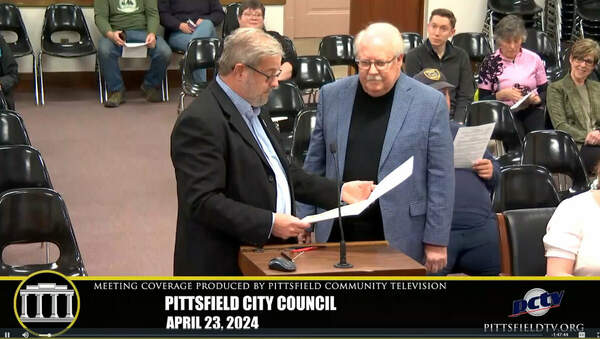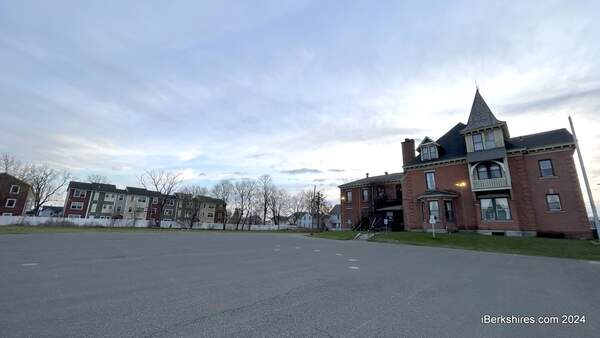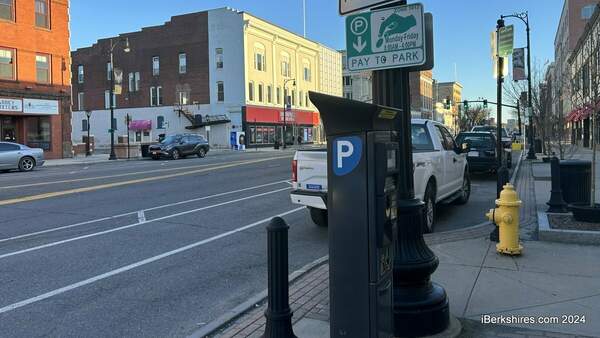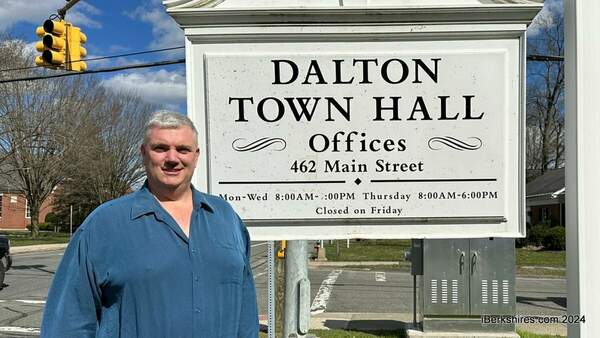Guest Column: Community Colleges Key to Work-Force Development
 |
We have 240,000 people looking for work and nearly 120,000 open jobs today in Massachusetts. How can we have so much opportunity available and so many people still looking for a chance?
Business leaders tell me over and over again that it is because the people looking for jobs don't have the skills required. Many of these openings are for "middle skills" jobs that require more than a high school diploma but not necessarily a four-year degree: jobs in medical device manufacturing or lab technicians or solar installers, for example. And a lot of those forced by the economic downturn to make a change in their careers, people in their 30s or 40s or 50s, don't have the proper training for those jobs. We have a "skills gap."
We can do something about that. We can help people get back to work. And our community colleges should be at the center of it.
For the work they do, community colleges rarely receive proper recognition, let alone adequate funding. I have visited many of our community colleges and seen their good work. They are an important resource, and we must ask more of them.
At Berkshire Community College right now, ongoing partnerships with the Berkshire County Regional Employment Board, Berkshire Chamber of Commerce and Berkshire Applied Technology Council connect the campus with area businesses to better match education programs to meet the needs of the community. This is good - but we need more of it and we need it everywhere.
We need that kind of sharper mission across the commonwealth, so that community colleges become a fully integrated part of the state's work-force development plan. Our colleges must be aligned with employers, voc-tech schools and the Workforce Investment Boards in the regions where they operate; aligned with each other in core course offerings; and aligned with the commonwealth's job growth strategy. We can't do that if 15 different campuses have 15 different strategies. We need to do this together. We need a unified community college system in Massachusetts.
Our competitors — states like Virginia, North Carolina and Washington — have instituted unified systems and are using them to their competitive advantage.
I have proposed a $10 million increase in state funding for community colleges to help them meet this mission — and I have challenged the business community to come up with a match to help make this a reality. It is not unreasonable for community colleges to ask for more resources to support their mission; and it is not unreasonable to ask for them to be more accountable to our work-force development strategy in exchange.
Given how important community colleges are to their local cities and towns, some are concerned that this proposal would mean Beacon Hill is telling their campus what to do. I don't want that any more than you do.
The goal of this proposal is to ensure that community colleges have the tools they need to be as responsive as possible to the job openings in their region. Creating a more unified system is not about losing local control; it is about connecting every city and town to the full range of economic possibilities in the commonwealth. It's about making sure a large employer in Boston knows that there is a skilled work force in Pittsfield and reason to expand there. It's about making sure the small business in Lee has a convenient, locally focused, fully supported resource to help its workers build careers in Berkshire County and grow the economy there.
The problem we are trying to fix is the skills gap; the problem is not the community colleges. The community colleges are the solution.
The challenge facing people looking for work, people in doubt about the future of their American Dream and their place in the work force belongs to all of us. We can meet that challenge if we work together. For the good of the commonwealth and the sake of our future, we must.
Tags: community college, higher education, jobs, work-force development,

.jpg)














